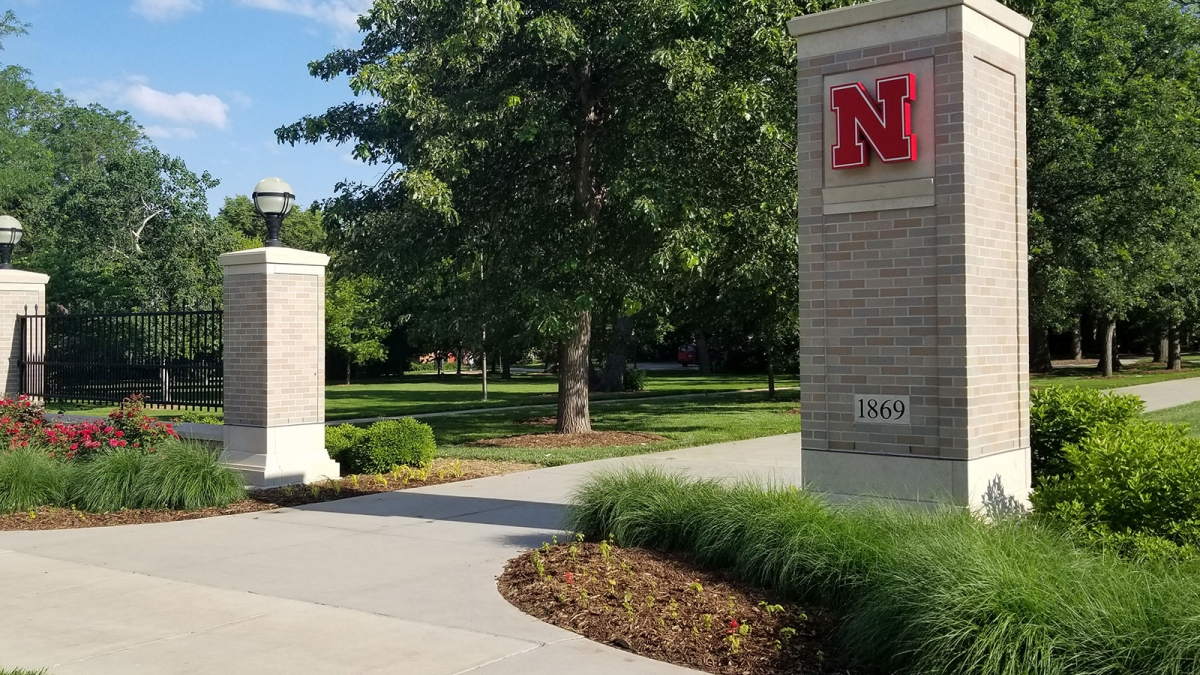
Sept. 10, 2013
LINCOLN, Neb. — Most rural Nebraskans believe global climate change is real, that human activity is at least partially a cause and that changes must be made to contend with it, but they're not as passionate on any of those points as they were five years ago, the Nebraska Rural Poll shows.
The University of Nebraska-Lincoln team that conducts the poll speculates rural Nebraskans' ardor on the issue may have cooled as concerns about energy security have diminished, as they've measured real current costs versus uncertain future benefits, or perhaps out of suspicion that scientists seem to blame apparently contradictory weather conditions on climate change.
The 18th annual University of Nebraska-Lincoln poll was sent to 6,320 households in Nebraska's 84 nonmetropolitan counties in March and April. Results are based on 2,317 responses.
The key climate change findings, and how they've changed since the last time the issue was explored by the poll, in 2008:
– Seventy-three percent of respondents believe to some degree that climate change is happening – 48 percent "somewhat" and 25 percent "definitely." Only 13 percent say it's definitely not happening, and 14 percent said they didn't know.
– Fifty-four percent agreed with the statement that "human activity, including industry and transportation, is a significant cause of climate change." That's down from 65 percent in 2008.
– Forty-one percent agreed that "global climate change is something people can control," down from 51 percent five years ago.
– Forty-seven percent believe current climate change is due to normal climate patterns, up from 37 percent in 2008, and 59 percent agree that increased carbon dioxide and other gasses will lead to global climate change, down from 67 percent.
– Sixty percent of respondents said they think something needs to be done in their lifetime to deal with climate change, with half believing something needs to be done immediately. However, fewer rural Nebraskans believe immediate action from the government is necessary – 38 percent, down from 53 percent in 2008.
Several factors may have contributed to the drop in urgency in rural Nebraskans' feelings about climate change.
For one, Congress considered but rejected new legislation regulating greenhouse gas emissions.
"The public recognized there are economic impacts of any policy that addresses climate change – future benefits versus current costs," said UNL public policy specialist Brad Lubben. "The public decided, in the midst of an economic downturn, that costs to the economy were too great a price to pay for the promised future benefits to the climate."
National energy security concerns have diminished some, too, as more sources of domestic oil and gas have been developed, lessening dependence on imports from hostile or unstable oil-rich countries.
Lubben said a general lack of scientific understanding and the underlying uncertainty about climate effects may be an issue, too. For example, some scientists said the 2011 floods in Nebraska were caused by climate change, but so was the 2012 drought. How is that possible, the public may wonder, he said.
Randy Cantrell, rural sociologist with the UNL-based Rural Futures Institute, said there's a certain impatience with the scientific process too.
"As good scientists, they ask a question. They answer it but it raises two more that need to be explored," Cantrell said. "The public says, 'you should have an answer by now, shouldn't you?'"
"Maybe we've become just a little more jaded about the topic," said Cheryl Burkhart-Kriesel, UNL Extension specialist based at the Panhandle Research and Extension Center in Scottsbluff.
The poll team was surprised to find that the poll indicated that more educated rural Nebraskans are less likely than others to support immediate action by the government to deal with climate change. Thirty-seven percent of those with at least a bachelor's degree supported it, compared to 40 percent of those with a high school diploma or less.
Also, 47 percent of people with a college degree said they were worried about global climate change, compared to 54 percent of those with no more than a high school diploma.
It's possible, Lubben said, that more educated respondents are more sensitive to the additional costs of dealing with global climate change, or maybe more confident in our ability to adapt or in scientists' ability to find a solution.
However, more educated respondents were more likely to believe they have a "personal responsibility to help reduce the impacts of global climate change" – 63 percent, compared to 55 percent of those with a high school diploma or less.
The Rural Poll is the largest annual poll of rural Nebraskans' perceptions on quality of life and policy issues. This year's response rate was about 37 percent. The margin of error is plus or minus 2 percent. Complete results are available online at http://ruralpoll.unl.edu. The university's Center for Applied Rural Innovation conducts the poll in cooperation with the Nebraska Rural Futures Institute with funding from UNL Extension and the Agricultural Research Division in the Institute of Agriculture and Natural Resources.
Cheryl Burkhart-Kriesel, Ph.D.Associate Professor and UNL Extension Specialist in Entrepreneurship/Business Development
308-632-1234
cburkhartkriesel1@unl.edu
Randy Cantrell, Ph.D.
Professor
Rural Futures Initiative
402-472-0919
rcantrell1@unl.edu
Brad Lubben, Ph.D.
Assistant Professor
Agricultural Economics
402-472-2235
blubben2@unl.edu
Rebecca Vogt
Nebraska Rural Poll Project Manager
Center for Applied Rural Innovation
402-329-6251
rvogt2@unl.edu
Dan Moser
IANR News Service
402-472-3030
dmoser3@unl.edu